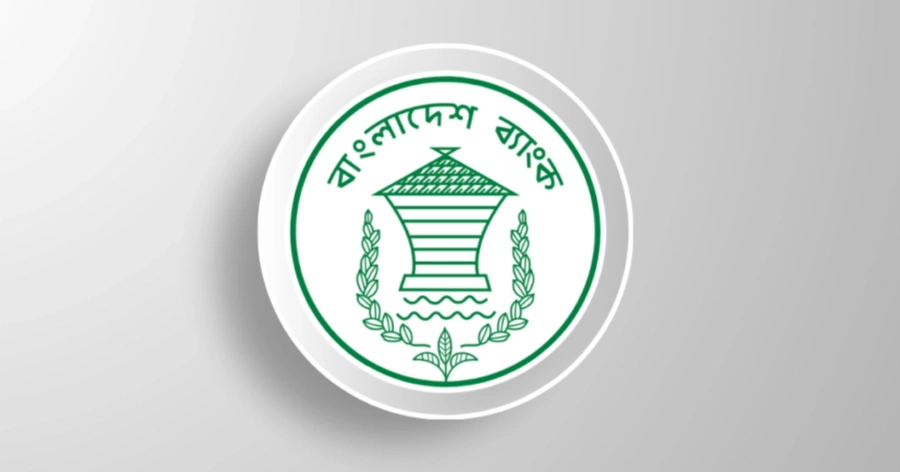Bangladesh Bank is preparing a landmark legal reform that would redefine its institutional independence and establish a distinct pay scale for its employees.
The central bank is set to submit the draft of the Bangladesh Bank Order 2025 to the finance ministry by mid-September, with plans to formalise it through the promulgation of an ordinance by December.
Under the Bangladesh Bank Order 1972, the money market regulator is closely tied to the executive branch of the government. The proposed order, however, seeks to place the central bank on par with other constitutionally independent bodies such as the Supreme Court and the Office of the Comptroller and Auditor General.
Under the draft law, the governor – currently ranked as a cabinet minister – would operate independently, appointed by the president at the prime minister’s request, and held accountable directly to parliament rather than the government’s executive wing.
The board of directors would be reconstituted to exclude serving bureaucrats. Instead, it would include seasoned professionals drawn from a list curated by the central bank itself, with appointments made by the government.
To qualify, directors must demonstrate at least 15 years of professional experience in fields such as economics, banking, finance, trade, law, accounting, or risk management.
Independent pay scale
A central feature of the draft is a standalone pay scale for Bangladesh Bank officials. Salaries and allowances would be raised substantially, positioning compensation midway between government and private-sector standards.
Governor Ahsan H Mansur explained to TIMES of Bangladesh: “Bangladesh Bank’s biggest structural problem is that it is bound by the government salary scale. No advanced country runs its central bank this way. A separate scale is necessary – above the public sector, but still below the private sector.”
He underscored that attracting and retaining high-calibre professionals will remain impossible if the central bank cannot offer competitive remuneration.
When asked whether bureaucrats might oppose the reform, Mansur acknowledged the likelihood of resistance, saying, “I know there will be pushback. But national interest must come first. The financial sector is unique and requires specialised treatment.”
The governor further argued that the Bangladesh Bank generates vast annual profits for the government, questioning why the state should restrict the institution from using its own revenue to fund staff salaries.
“We do not run on government money. Rather, we return thousands of crores of taka in profits every year. Why should the government prevent us from paying our staff from our own earnings?” he said.
Historical context
The effort to establish a distinct pay structure is not new. In November 2010, then-Governor Atiur Rahman approved a similar proposal in the 316th board meeting and forwarded it to the finance ministry.
Discussions have circulated within the central bank for nearly three decades, but successive governments have failed to implement the reform, largely due to bureaucratic resistance.
The absence of such a framework has led to recurring talent drain, with many promising officers leaving the Bangladesh Bank for more lucrative positions in both government cadres and private institutions.
Drafting process and next steps
On 13 August, the Bangladesh Bank Board was formally briefed on the draft of the new law in a special meeting. Members expressed unanimous agreement on the principle of full autonomy, though they offered comments on technical matters, such as the tenure of governors and deputy governors, as well as some legal wording.
Spokesperson and Executive Director of the Bangladesh Bank Md Arif Hossain Khan confirmed that the draft remains under refinement. He told TIMES of Bangladesh: “The board provided several observations during the 13 August meeting. Adjustments are now being made accordingly. Finalisation may take some additional time as further board-level discussion is required.”
The draft law is being shaped with technical assistance from the IMF and legal advice from Dr Kamal Hossain and Associates, alongside a foreign consultancy firm.
A structural shift for the future
Governor Ahsan H Mansur framed the reform as a structural safeguard. He said, “We are redesigning the Bangladesh Bank Order to secure the central bank’s independence for the future. Empowering the governor, freeing the institution from executive control, and establishing an independent board are crucial. There is no alternative.”
If enacted, the Bangladesh Bank Order 2025 would mark the most significant reform of the country’s central banking framework in over half a century—shaping governance and accountability with talented human resources within the financial sector.


